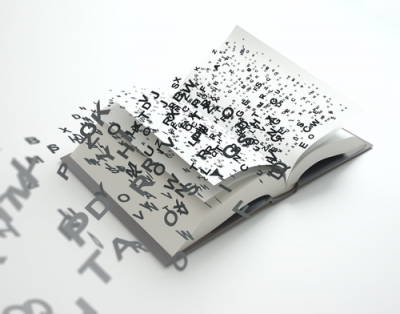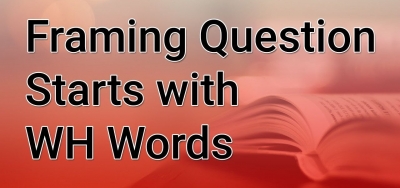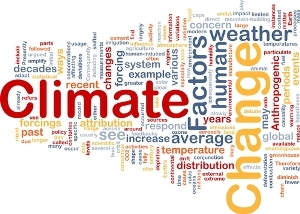
How is a meaningful word formed? For example, how did a chair get its name [from Middle English, before that from Old French chaiere (or chaire which means ‘bishop’s throne,” and chaise meaning ‘chair’), which is from the Latin cathedra ‘seat’, in turn from Greek kathedra]. Yet, why did the Greeks call it “kathedra”? We do not know. In other words, we my know the origin of the word, but cannot find out the origin of the root word.
There are indeed words whose origin is very clear to us. These words were inspired by people. People who stood out did something, and often, these actions came to be known after their names.
“Eponymous” is the adjective to describe all the words derived from people. The word “eponymous” comes from the Greek adjective eponymous, which is itself from onyma, meaning “name.” Many eponyms are names of products, inventions or scientific discoveries coined after the person most closely associated with it. Example: macadam, guillotine, pasteurization. Other eponyms come from characters in fiction, mythology, pr geographical locations. Example: Rambo, hermaphrodite, marathon. Scientific terms have been created to honour a famous person or a friend. Think “watt” and “ohm”. What is interesting about eponyms is that they are words that came out of a deliberate naming process. These words did not evolve over a period of time.
Interesting eponyms
Here is a small list of eponyms: each has an interesting person behind its history!
- Bowdlerize: “remove offensive words or passages from a written work before publishing it.” From Thomas Bowdler (1754-1825) who published an edition of Shakespeare that left out such things as the porter scene in Macbeth. After this bowdlerization, women who had been disallowed to read the plays by their parents/husbands, were now free to read them.
- Boycott: “refuse to do business with someone.” From Charles C. Boycott (1832-1897), the Irish land agent. Boycott refused to conform to land reforms supported by the Irish Land League. The League then prevented Boycott from using stores, postal service and other places in the area. Today, boycotting is an important tool in campaigns against unjust rules and social conditions.
- Cardigan: “style of swaeter that opens at the front.” From James Thomas Brudenell, 7th Earl of Cardigan. He was one of the commanders in the field on the day of the fatal Charge of the Light Brigade in the Crimean War. He wore a knitted waistcoat to keep warm during military campaigns.
- Lynch: “Lynching” once meant any kind of on-the-spot punishment without trial, through flogging. Today it means to beat someone in a mob frenzy without a trial. From William Lynch, the author of “Lynch’s Law.” The “law” was an agreement with the Virginia General Assembly in 1782 that allowed Lynch to capture and punish criminals in Pittsylvania County without trial. The country had no official courts.
- Machiavellian: “characterized by expediency, self-interest, and deceit.” From Niccolo Machiavelli (1469-1527) who wrote The Prince (1531), a book on political theory. In it, Machiavelli argues that the most effective for men and governments to achieve and maintain power is to act smartly without worrying about moral considerations.
- Mirandize: “to read the legal rights to a suspect arrested on a criminal charge.” From Ernesto A. Miranda (1941-1976), a labourer whose conviction on kidnapping and armed robbery was overturned because arresting officers had failed to inform him of his legal rights.
- Oscar: “statuette awarded for excellence in film acting, directing, etc., giving annually since, 1928 by the Academy of Motion Picture Arts and Sciences.” The name “Oscar” was first applied to the statuette in 1936. The story: Margaret Herrick, the Academy’s librarian, took a look at the first statuette and said: “He reminds me of my Uncle Oscar!” her uncle was Oscar Pierce, wheat farmer and fruit grower, and the statuette was named Oscar.
- Wellingtons: “waterproof boots of rubber or sometimes leather reaching to below the knee and worn in wet or muddy conditions.” Named for Arthur, 1st Duke of Wellington (1769-1852), who had many things named after him. These included a style of coat, hat, and trousers as well as varieties of apple and pine trees.
Picture Credit : Google






